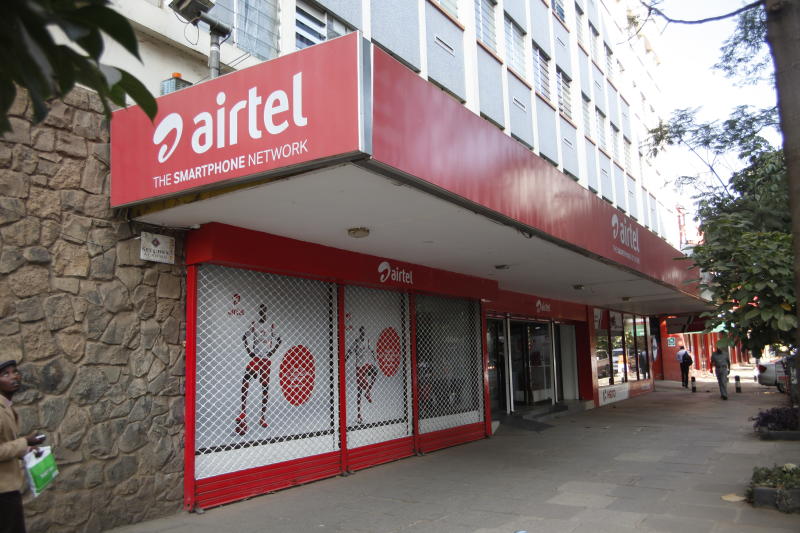×
The Standard e-Paper
Kenya’s Boldest Voice

Mobile network operator Airtel has backed out of a planned merger with Telkom Kenya dealing a blow to the move that could have helped form a fairly formidable competitor to Safaricom.
The two loss-making operators have been in negotiations to merge, with expectations that the consolidation would have given them slightly more muscle and better chance of grabbing some market share from market leader Safaricom.